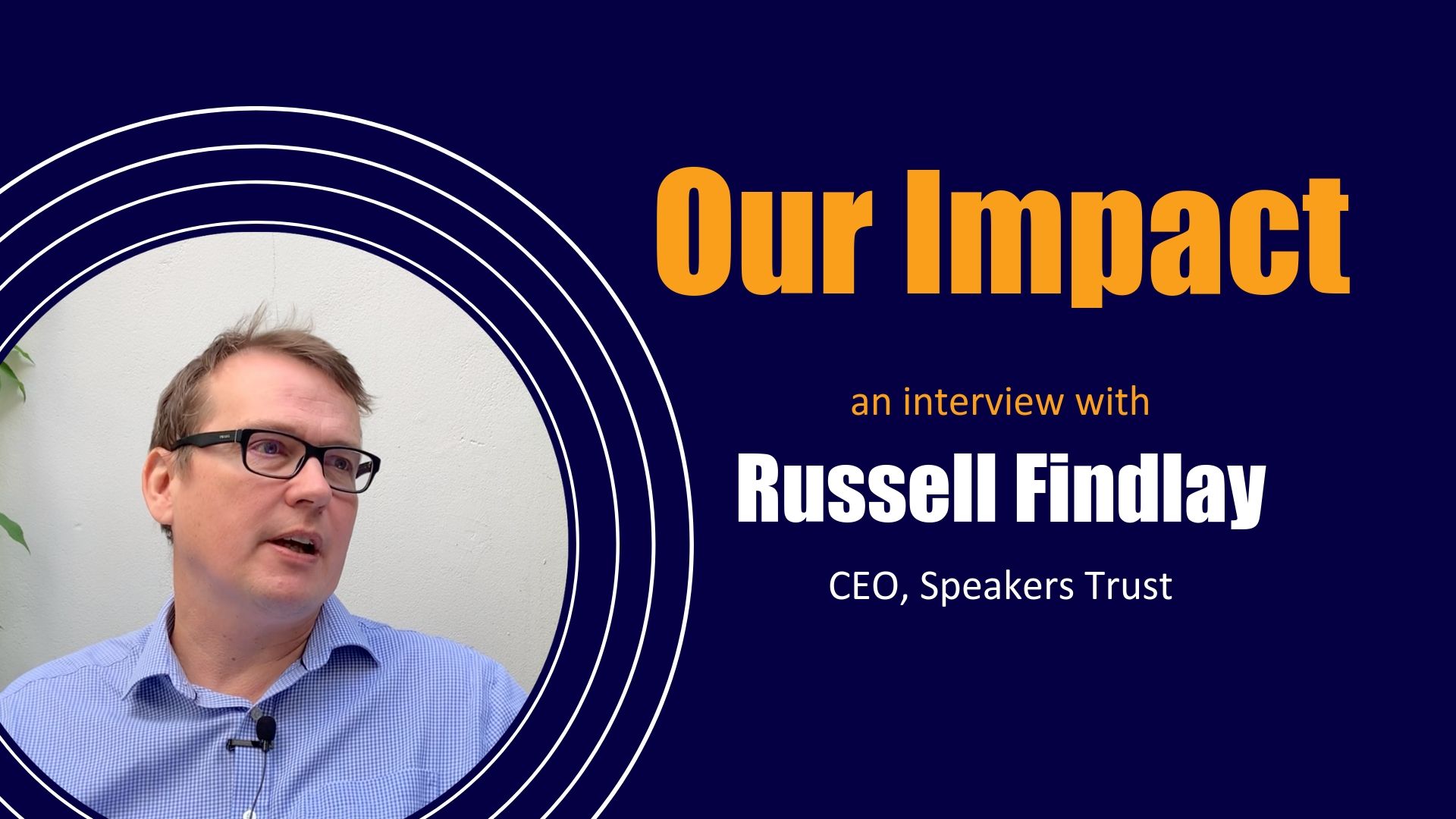All Blog Entries
Our Impact: Why, What, How

The new academic year is upon us. We sat down with Russell Findlay, Speakers Trust CEO, to find out why it’s so important to give young people’s voices a platform and what we mean by ‘impact’. Here are his thoughts.
Why do we measure impact?
At Speakers Trust we are passionate about the difference we make to young people’s lives, so naturally we want to be able to get feedback on how we are doing.
This means that ‘impact measurement’ is really important to us – being able to have large scale quantitative data helps us evidence the need for our work and show the difference it makes – both are really useful in conversations with schools, funders and those organisations who wish to work with us to address the challenge that too many young people leave school without the confidence and skills to share their ideas effectively.
Most importantly though, measuring our impact means that we can continuously learn from delivering our programmes so that we can make them more impactful each year.
What impact do we measure?
The Jack Petchey’s “Speak Out” Challenge! experience can effect longer term prospects for young people, like education attainment, employability as well as personal and social outcomes. Our impact measurement work currently focuses on the shorter term outcomes as there are so many studies showing the link between better communication skills and improved outcomes.
The work we deliver helps young people build the confidence and skills to share their ideas. These skills are valuable in school and will be valuable beyond, whether in the workplace or in further or higher education. Public Speaking is seen by many as something they “can’t do”, so our workshops help stretch young people’s comfort zone. The self-efficacy created by achieving something they couldn’t and performing under pressure are really important life skills, so we measure these too.
Beyond this, the workshops provide all young people with the opportunity to share their viewpoints, feeling and values. Developing better understanding between people is a really important outcome of our work.
These are the main metrics that we measure – with over 25 thousand participants, this runs to over half a million data points.
Where we do gather quantitative data, we are using externally validated scales, to add credibility to the results we produce – we also align questions to those outcomes that Ofsted value.
How do we measure impact?
We ask every young person questions before and after their communication skills workshop so we can measure how far they have travelled on the journey towards being a confident communicator. In aggregate this gives us a really rich data set.
We also capture data from over 500 teachers about the experience their students have on the programme.
Our final set of data comes from those students who progress beyond the workshop to other stages of Jack Petchey’s “Speak Out” Challenge! through further questionnaires, which shines a light on how confidence and skills are developed further as we provide young people with further opportunities to share their ideas.
It is impossible to capture all of the outcomes of our work in numbers. Some of the most transformational moments of our work can’t easily be measured – so we supplement all of our data collection with talking to participants, to teachers and to trainers so we capture all of the outcomes of our work.
An example here was a young man who said that the most important part of his experience with Jack Petchey’s “Speak Out” Challenge! was that he now felt his opinion counts.
This brings a level of richness to our work – and reminds us of the difference we make.
How we use our impact data?
We use the data we collect to gain insights about how we can develop our work, whether that is new programmes or how we design and deliver Jack Petchey’s “Speak Out” Challenge!
We also use the information to enable our funders know the change that they are making with their investment into young people. The compelling set of data from over one in every 5 secondary schools in England helps us articulate the need for greater focus on developing young people’s communication skills and the positive personal and social impact that is created through Jack Petchey’s “Speak Out” Challenge!.
We believe in the value of transparently reporting outcomes from charitable programmes, and so share the anonymised results of this with teachers, our trainers, our funding and delivery partners and now with everyone via the web – which is automatically fed from our impact measurement system.
Watch Our Impact video and learn more about the Difference We Make.




